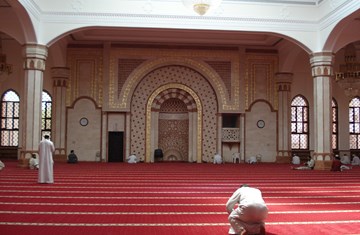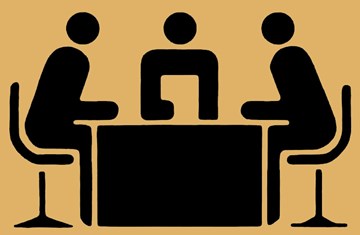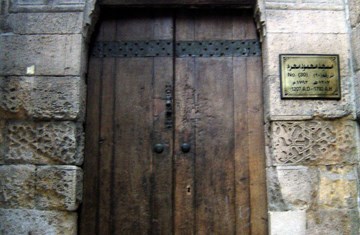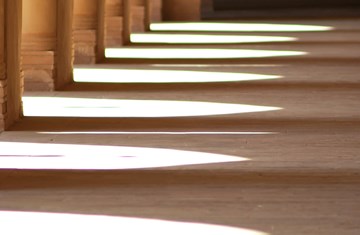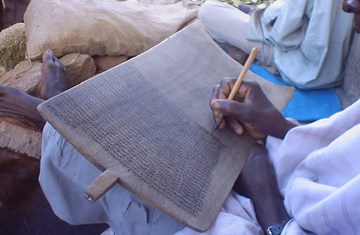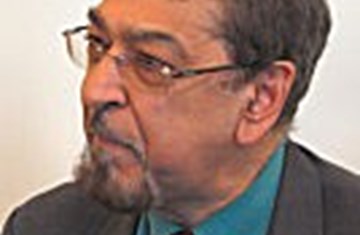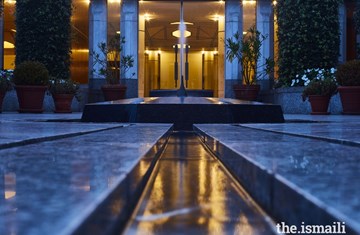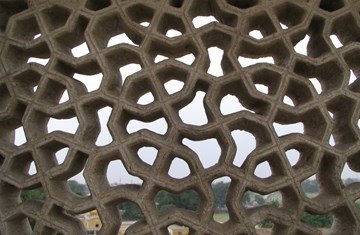The Mediator as a Humanising Agent: Some Critical Questions for ADR Today
A keynote address presented to the Dutch Association of Family Law Advocates and Family Law Mediators, Annual Congress in St. Michielsgestel, Holland, on 6th April 2006.
Abstract: With mediation being at the crossroads, the author of this paper makes the argument that the time may be opportune to reassess the role of the mediator in the whole dispute resolution process. While the mediator has to respect the canons of mediation, ensuring that there is always strict neutrality and impartiality and that the parties, themselves, remain in control of the dispute, this paper makes the point that a mediator is not an automaton.
He is a human agent, helping people to reorient their relationships following a dispute and the commitment to making this happen, therefore, cannot be just a technical exercise. The mediator has to have an involvement in the process, but this involvement has to be delicately balanced with his role as a mediator. Thus, on a spectrum, his role comes closer to being a facilitator rather than a director but always a facilitator with a deep and abiding empathy with human issues. Divorce is a "psycho-social transition" which like all other psycho-social transitions in life, calls for a reorientation, and the necessary coping mechanisms.
This paper calls for the mediator to have a "Controlled Emotional Involvement" - the capacity to be very humanly close to the clients, yet sufficiently "one removed" to be able to see "the wood for the trees". In this whole process, listening with empathy, being intellectually curious and having the humility to learn about other cultures, are important cornerstones in moving the mediator from a novice with the necessary technical skills to an artist with the appropriate intuitive insights and intelligence.
Author

Dr Mohamed Keshavjee
Course Director
Mohamed M. Keshavjee is a South African born-lawyer called to the Bar at Gray’s Inn in 1969. He completed his LLM at London University and his PhD at SOAS with a focus on Islamic Law and Alternative Dispute Resolution (ADR). He has practised law in Kenya, Canada and the United Kingdom.
His first book, Islam, Sharia and Alternative Dispute Resolution deals with how Muslims engage with sharia, customary practices and the laws of the United Kingdom. He has spoken on ADR at conferences in Europe, North America and Asia, and has trained family mediators in the EU countries and imams and pastors in mosque and church conflicts in the UK and the USA, respectively.
In 2016, he was awarded the Gandhi, King, Ikeda Peace Award by the Martin Luther King Jr. International Chapel at Morehouse College, Atlanta, Georgia, for his work on peace and human rights education.

